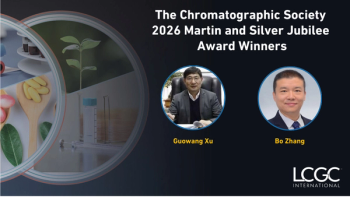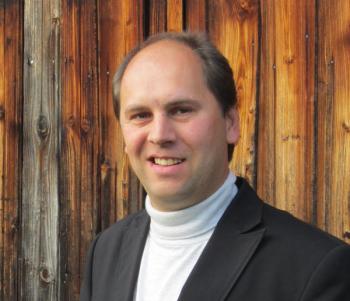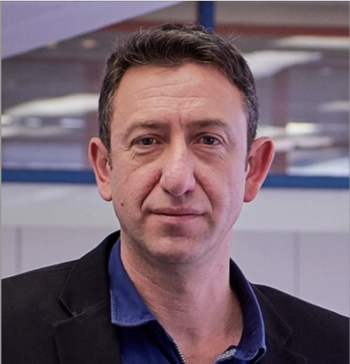Key Points:
- Caroline West emphasizes that evolving our understanding of SFC fundamentals—like retention and selectivity—has allowed the technique to move beyond classical boundaries, making it more versatile across industries, not just pharmaceuticals.
- West highlights the creative uses of SFC in complex workflows and stresses that for broader uptake, instrumentation must evolve to meet the needs of modern labs through better design, flexibility, and accessibility.
Supercritical fluid chromatography (SFC) has evolved significantly since its inception, emerging as a versatile and efficient separation technique. Despite its growing use, several misconceptions persist, particularly regarding its operational limits and applications. Often viewed narrowly as a method confined to the pharmaceutical industry or strictly defined supercritical conditions, modern SFC encompasses a wider range of parameters and applications than commonly recognized.
In this interview, Caroline West, professor at the University of Orléans and an active member of LCGC International’s editorial advisory board, discusses current perspectives on the fundamentals of SFC. She also addresses how expanding beyond the classical supercritical domain may influence the technique’s applicability. Further topics include the practical roles of SFC in pharmaceutical analysis and purification, its use in other industries, and the innovative integration of SFC with hyphenated and multidimensional techniques. Finally, emerging opportunities and challenges for instrument manufacturers are examined, highlighting potential directions for future development.
West spoke with LCGC International at HPLC 2025 and answered the following questions:
- Have there been any advances in the understanding of the fundamentals of SFC, such as retention, selectivity, and band broadening in SFC conditions?
- The conditions now employed in SFC are broader than “supercritical fluid domain” would allow. How does that expand the application domain?
- How is SFC being used in practice in modern analytical and preparative analysis in the pharmaceutical sector?
- SFC is often associated with pharma. Is it being used in other application areas?
- Can you comment on how SFC is being used inventively in hyphenated techniques and two-dimensional separations?
- What could SFC instrument manufacturers investigate to make SFC used in more laboratories?





